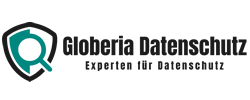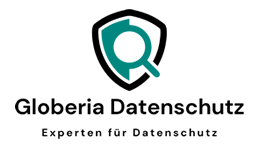The cost of a data protection audit can vary greatly depending on the size of the company, the complexity of the data processing processes and the scope of the audit. It is important to consider the various cost factors and plan an appropriate budget for the audit.
- Size and complexity: Larger companies with complex data processing processes typically require more time and resources for an audit, which increases costs.
- External vs. internal audits: External audits can be more expensive than internal audits because external auditors charge fees. However, they also provide an independent and objective assessment of data protection measures.
- Scope of the audit: The scope of the audit also influences the cost. A comprehensive audit that covers all areas of data processing is more costly than an audit that focuses only on specific areas or processes.
In addition to the direct costs of the audit, the costs of implementing the recommended actions should also be considered. This may include investments in new technologies, training and adaptation of processes and procedures.
- Implementation costs: Implementing the recommendations from the audit may incur additional costs. This includes investments in technical and organizational measures, training and adjustments to data processing processes.
- Time required: The time required for the audit and implementation of the recommendations should also be considered. This includes the working time of the staff involved in the audit as well as the time required to implement the actions.
- Long-term benefits: Despite the initial costs, a data protection audit can result in long-term cost savings by preventing data breaches and improving data processing efficiency.
Overall, it is important to consider the costs of a data protection audit in the context of the potential risks and benefits. A well-conducted audit can not only help ensure compliance with legal requirements, but also significantly improve the security and efficiency of data processing.


